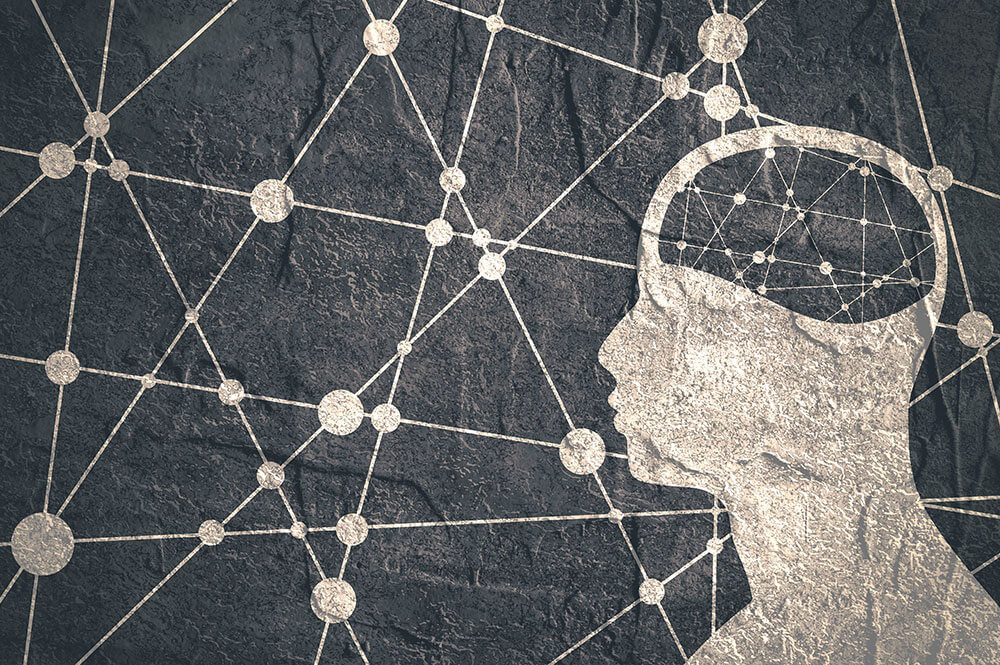

Life Stress and Health
5th Feb, 2019
‘I’m stressed’ is probably the catchphrase of today’s times. From a missed call to a Facebook post, from a poor grade to a loss of promotion, from a delayed train to a serious illness, everything brings an ‘I’m stressed’ response. So let’s understand this stress.
Stress is a physiological reaction, dating back to the early evolution of humans, which is a response to any physical danger or threat to life. Imagine Jurassic Park and a dinosaur confrontation. The life or death danger situation would trigger the fight/flight response, wherein the Sympathetic Nervous System triggers physiological changes (such as increased heart rate, increased oxygen supply to the limbs, release of energy for muscular action, dilation of pupil) preparing the body to either flee the danger or fight it. After a due period of time as the danger passes, the Parasympathetic Nervous System [PNS] triggers the system to return to normal (bringing bodily functions previously enhanced or reduced back to normal). This is a natural response system and fairly important in the survival of humankind.
In today’s times, the dinosaurs have become the missed call, the Facebook post, the missed opportunity, increased competition, someone’s disapproval, financial worries, health crisis, and the list goes on. In short, today’s dinosaurs have changed from physical to psychological threats. The human response system is however the same. The body is still being prepared for fight/flight – the increased heart rate and all. Yet, unlike the physical danger in the above example which passed within a relatively short time frame, today’s psychological dangers tend to be multiple and ongoing. Thus, what with facing one stressor after another, the Parasympathetic Nervous System has no chance to kick in and restore balance. This prolonged arousal of the body through the Sympathetic Nervous System, causes restlessness (due to arousal without corresponding physical action) in the short run and physical problems like headaches, shortness of breath, muscle pain, ulcers, diabetes, blood pressure over time.
Our thoughts and feelings are also affected (showing increased anxiety, worry, irritability, sadness, anger, mood swings, resentment, insecurity, as well as a reduced sense of satisfaction) along with our behaviour (over-or under-eating, angry outbursts, social withdrawal, relationship conflicts, developing poor habits like smoking, drinking, drugs).
It is very clear that the psychological stressors are not going away just because we want them to. Hence, it is crucial to increase our tolerance for stress as well as our ability to cope with it. One can consider use of the stated below three pronged approach to stress management: reducing reactivity, increasing coping mechanisms in our arsenal, improving overall mental and physical health.
Step 1
To work on reducing reactivity to stressors, one should stop treating every little thing as the end of the world and learn to take responsibility for their actions and work on changing what we don’t like versus blaming others for their role.
Step 2
To work on learning some healthy coping mechanisms, when facing overwhelming stress, people choose maladaptive ways of coping. We either get defensive (e.g., denial, withdrawal, fantasy, emotional insulation) or dysfunctional (e.g., overeating, aggression, smoking, drinking) and end up compounding our problems. Instead, let us work on increasing adaptive & direct ways of coping, through developing self awareness, effective communication, positive mental attitude, and improving self.
Step 3
To work on overall mental and physical health, people need to focus on the proper nutrition and diet, healthy exercise, and adequate sleep. People should learn to slow down and relax, enjoying leisure activities and hobbies, and cultivating relationships.
Remember, stress is the culmination of a lot of small irritants. A key factor in the ability to handle stress well is the ability to keep things in their proper perspective. If we are not being faced with a dinosaur, let’s not act as if our very existence is at risk. Relax… a calm mind can cope with anything!

